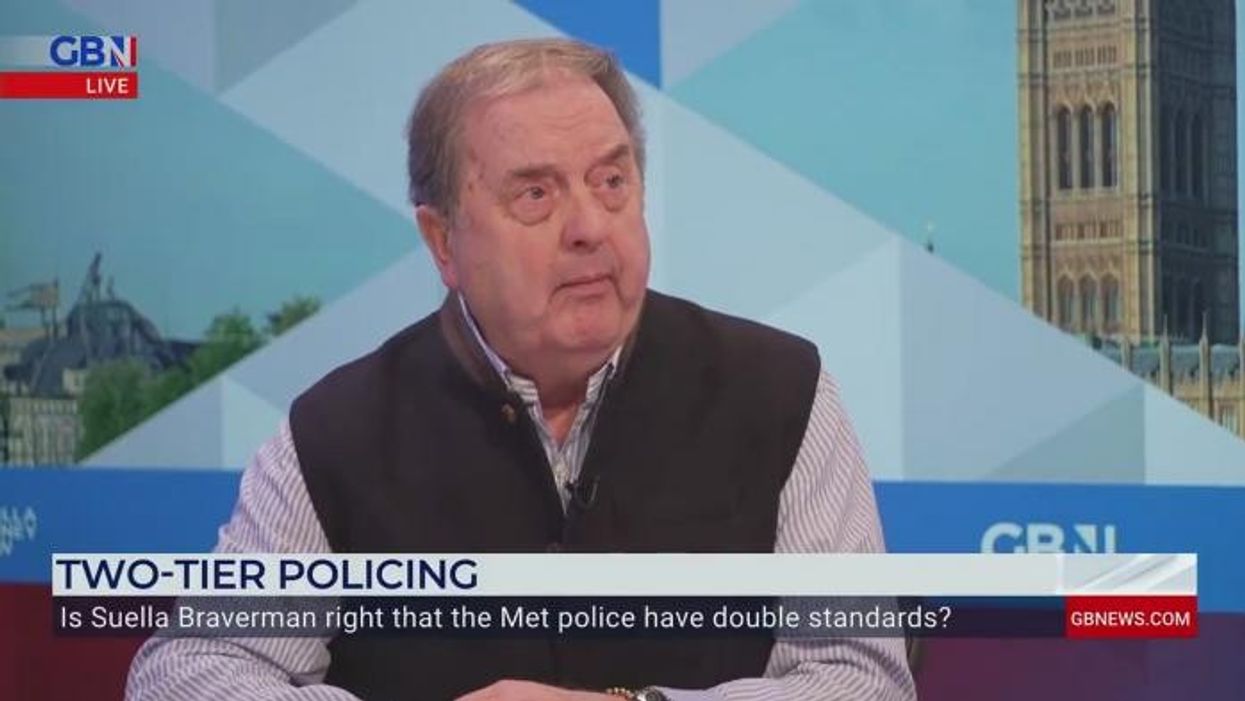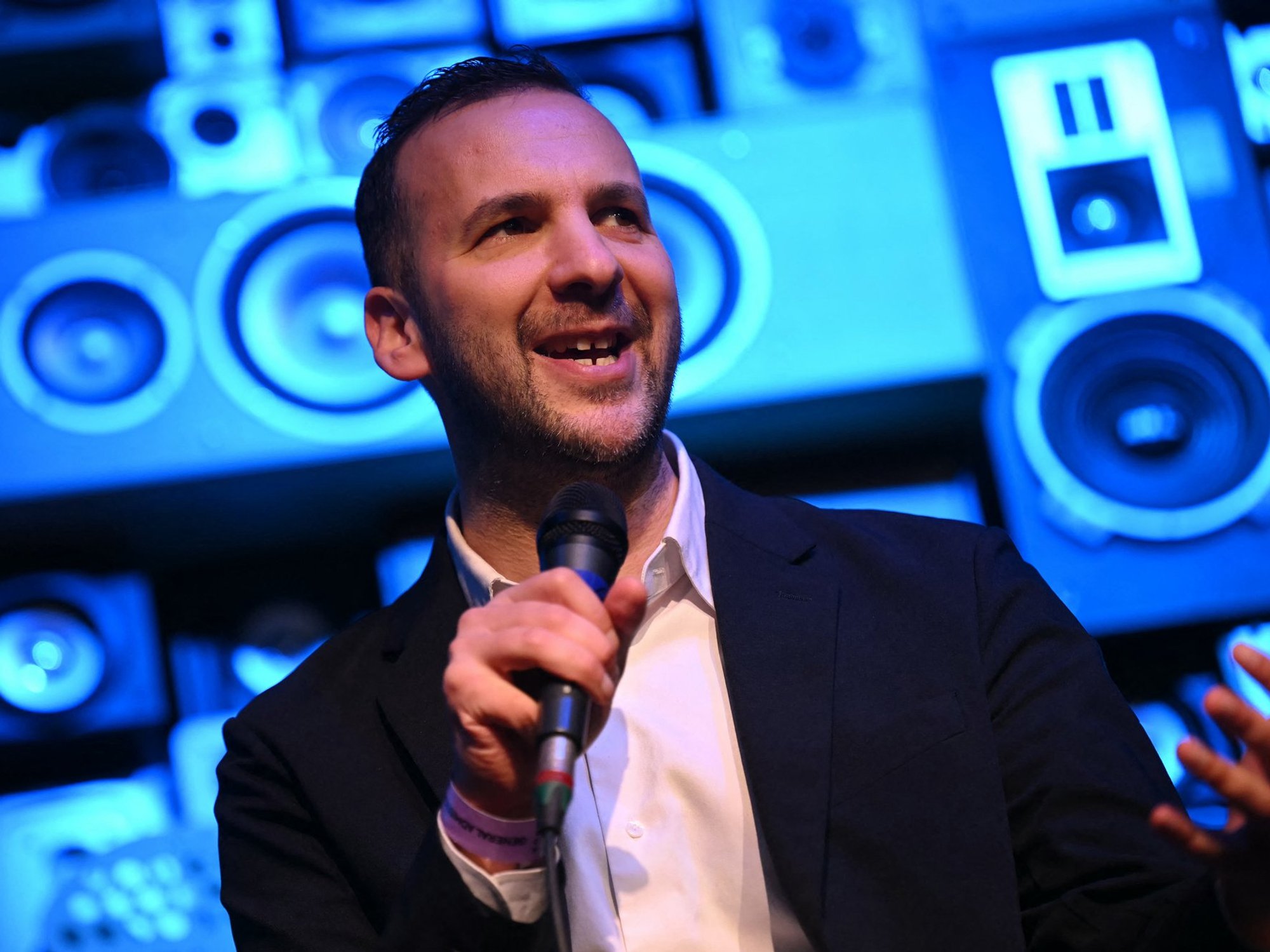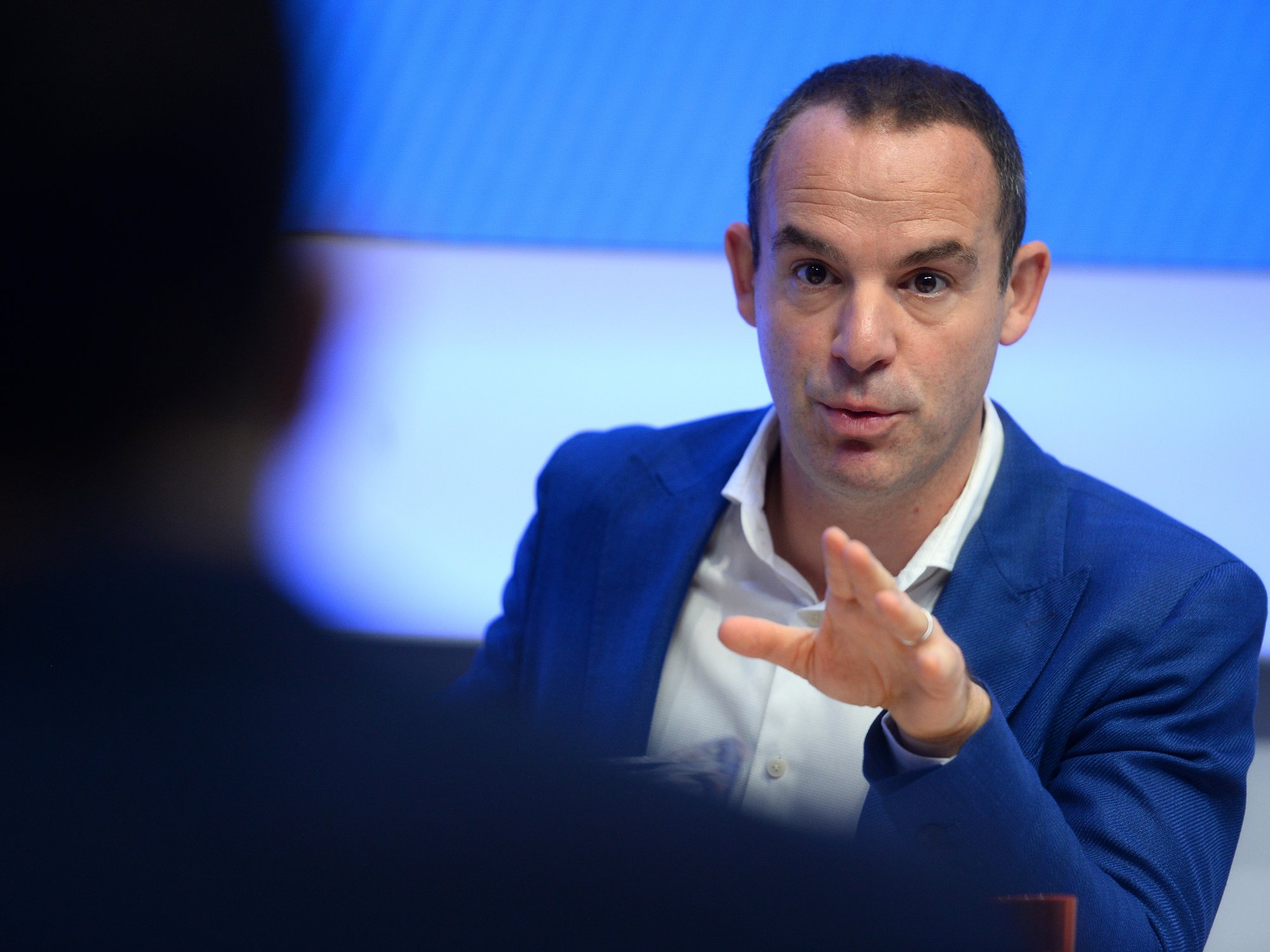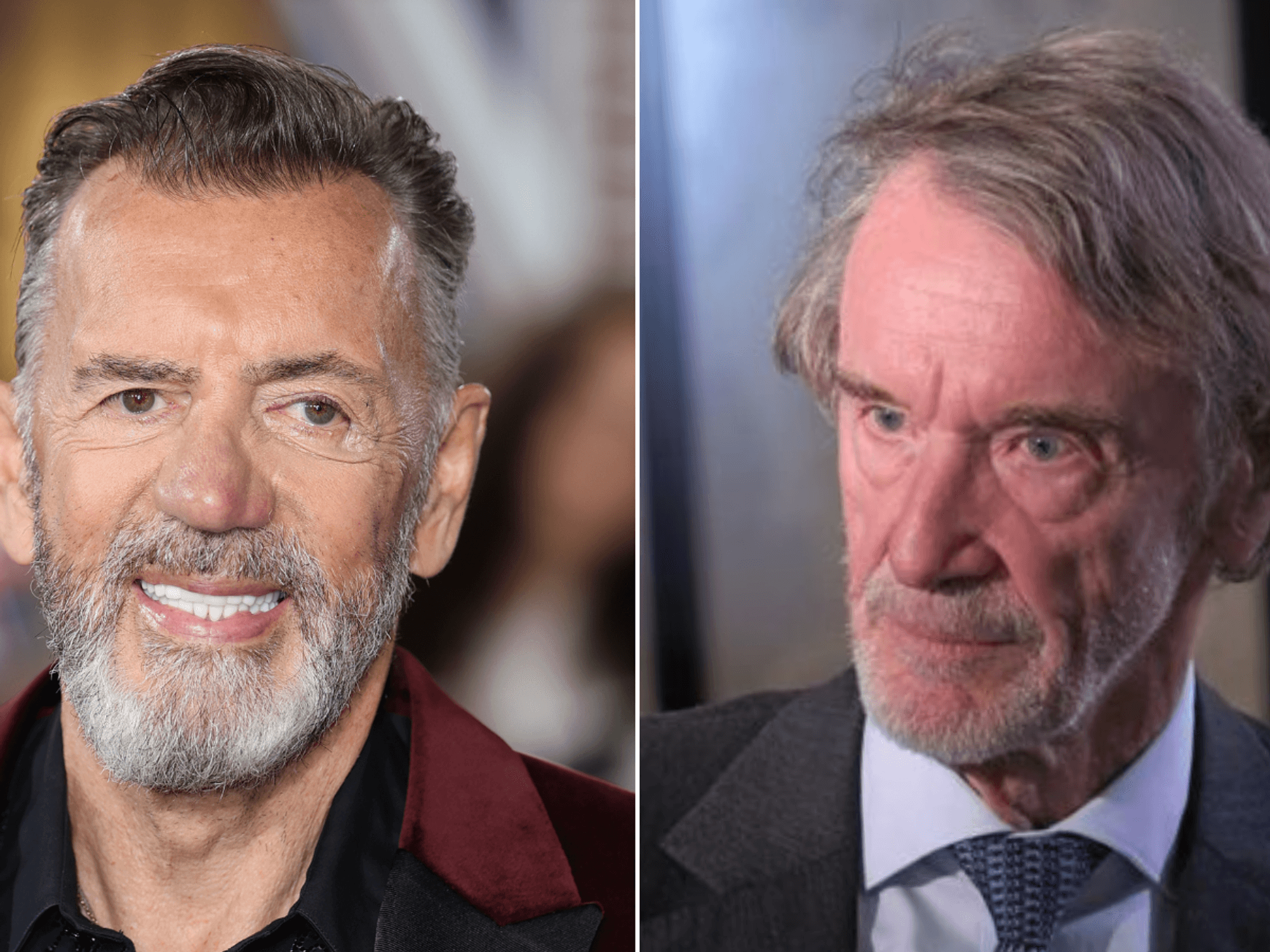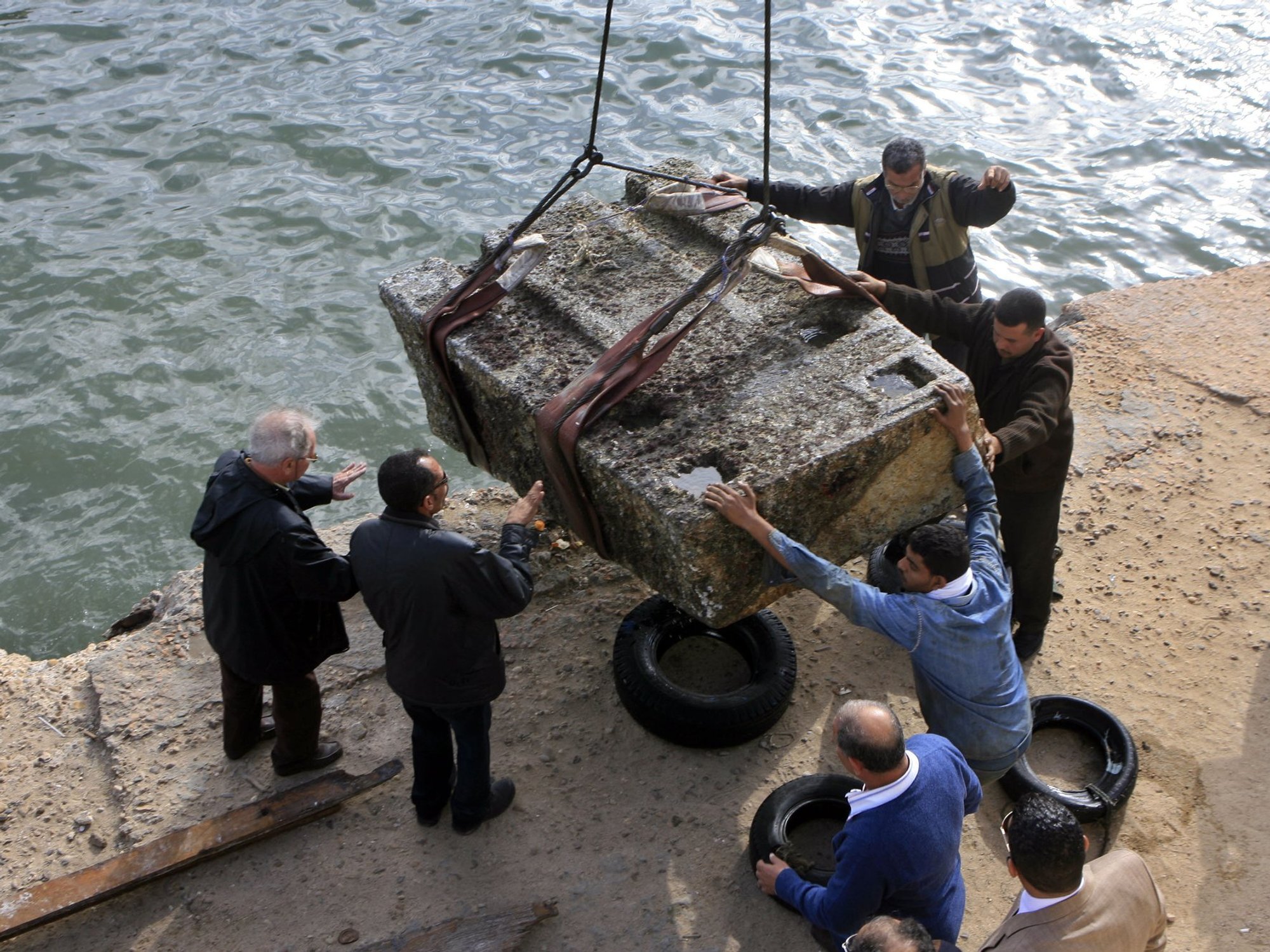Met Police recruiting officers ‘who can’t read and write English’, blasts former detective

David Murray-Gilbertson joined Camilla Tominey on GB News
Don't Miss
Most Read
A former Met Police detective has hit out at the service’s failings, claiming many of its recruits are unable to read and write English.
David Murray-Gilbertson joined Camilla Tominey on GB News to discuss former Home Secretary Suella Braverman’s claim that the force has double standards.
According to the former detective, the Met’s failings are laid bare in its recruitment with employees “unable to read and write” in the force’s native tongue.
“In 2022, Her Majesty’s Officers Inspectorate did a major review of recruitment, something like about 10 per cent of the recruits to the Met at that time were functionally illiterate in English”, he said.
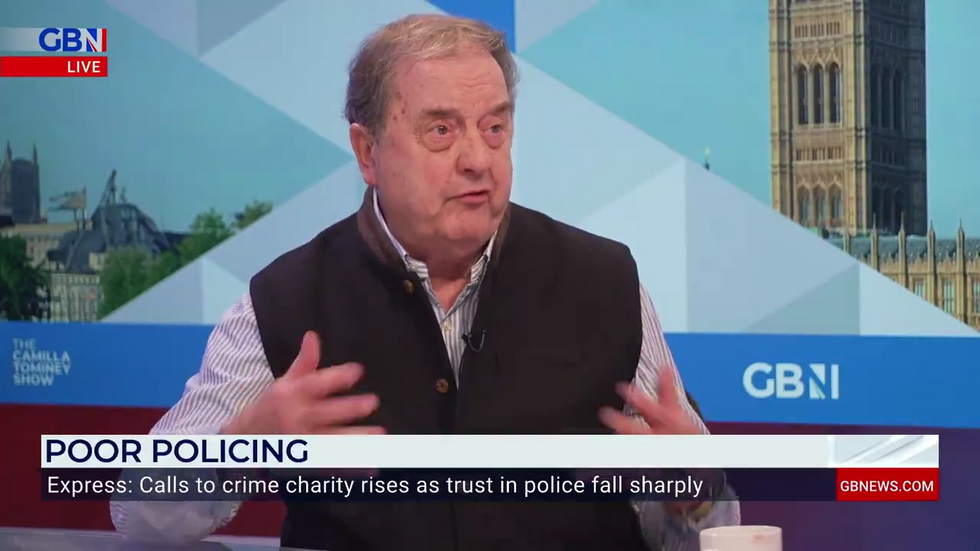
David Murray-Gilbertson joined Camilla Tominey on GB News
|GB NEWS
“That was because of the fact that ethnic minority targets were the primary issue for them.
“They were making allowances to ensure that they could meet those targets.
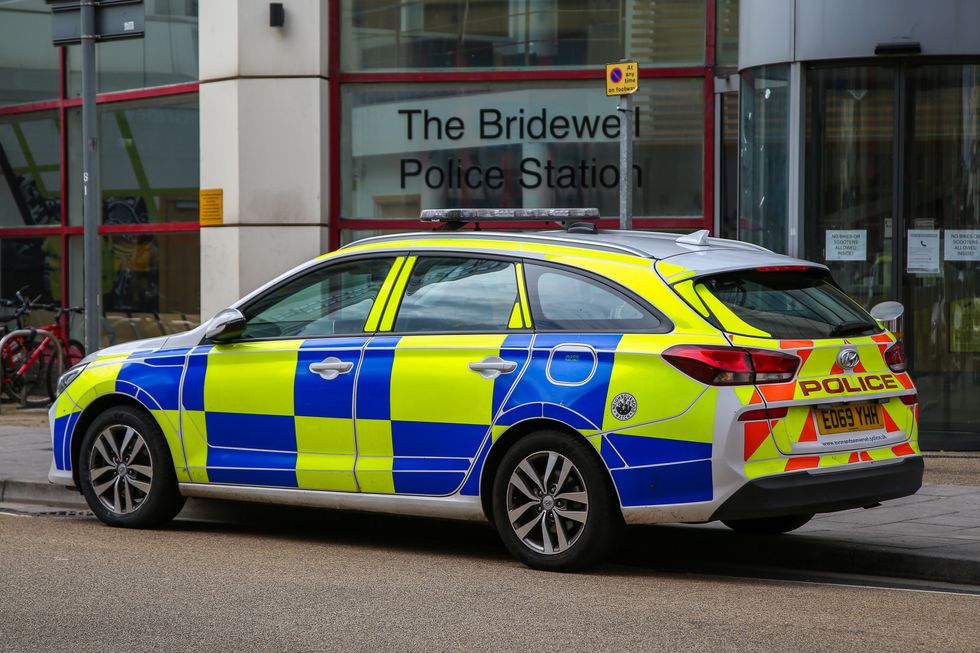 A police car parked outside a police station in Bristol | GETTY
A police car parked outside a police station in Bristol | GETTY“You cannot have a situation where you’ve got recruits who are actually passing through the system onto the streets who can’t read and write English.”
It comes as growing mistrust in police sees an increasing number of victims to crime turn to Crimestoppers instead.
The Daily Express heard the charity received more than 704,000 online reports and calls offering information, compared to 427,000 in 2018.
Crimestoppers CEO Mark Hallas said 101 non-emergency calls are not always answered, resulting in an increased number contacting the charity.
A recent survey conducted by them found 30 per cent of people saying they called the charity as they “did not want to speak to the police”.
Hallas said: “Trust and confidence in policing has exacerbated in the last 18 months. Most people want to do the right thing, but not all are willing to talk to the police. But they are willing to talk to us.”
The group was set up by businessman and philanthropist in 1988 after the 1985 murder of PC Keith Blakelock during the Broadwater Farm riots in London.
He is pleased with the growth on display, saying: “We’re delighted more people than ever are trusting Crimestoppers with vital information that helps catch dangerous criminals and prevents further harm to our communities.
“The significant rise in recent years shows how much our charity is relied on by people in their hour of need.”
The National Police Chiefs’ Council said: “We value the long and healthy relationship policing has with Crimestoppers and its support for those who wish to share information and remain anonymous. It is important people feel comfortable in reporting information to the police and can do so anonymously without fear, reprisal or judgement.”


